Marketing Plan for Travel Agents
Unlock your potential: Join Travel Agent Pro and gain access to proven marketing strategies tailored for travel agents. Target the right clients: Learn how to identify and attract your ide...
Unlock your potential: Join Travel Agent Pro and gain access to proven marketing strategies tailored for travel agents. Target the right clients: Learn how to identify and attract your ide...
Unlock your potential with a tailored marketing plan designed for travel agents at Travel Agent Pro. Benefit from expert guidance and resources to target your ideal clients effe...
Looking for all-inclusive resort destination wedding travel agents and packages?
The Pathfinder is a series of articles designed to support a travel entrepreneur's journey to success. Navigate your way through a variety of topics that are top of mind for travel business owners. These helpful tips will guide you whether you are just starting your journey or a pro fine tuning their business.


"As a newer, part-time, travel agent, the hands-on approach that they entire team, takes in setting the agents up for success is refreshing. Our previous host agency dropped you in the deep end and hoped you could succeed on your own. TAP is accessible for questions, takes agent feedback into consideration when building tools and partnerships, and the community is generous with support and information. TAP is collaborative, supportive, and engaging as a host agency."


"I can't say enough wonderful things about TAP and the staff. Unfortunately my previous host passed away suddenly and I found myself in need of a new host agency quickly. They stepped up and helped me navigate all of the details in making the switch. It was overwhelming and she really put her years of industry experience to work for me and to help make it as smooth of a transition as possible."
Are you passionate about travel and eager to guide others on their journeys? Becoming a travel agent offers a world of opportunities, from traditional travel agent jobs to remote travel agent roles. Dive into an exciting career where you can help others create unforgettable memories while fulfilling your love for exploration and adventure.
Embarking on a career as a travel agent is an adventure in itself. With comprehensive travel agent training, you can gain the skills and knowledge necessary to excel in this dynamic field. Learn about travel destinations, customer service, and the latest booking technologies to become a competent and confident travel professional.
The digital age has opened up a realm of remote travel agent jobs, allowing you to work from the comfort of your home. Discover how to become a travel agent from home, balancing flexibility and freedom with a fulfilling career in travel planning.
Elevate your professional standing with travel agent certification. Certifications can increase your credibility, provide access to industry resources, and distinguish you in a competitive job market.
Curious about how much does a travel agent make? Travel agent salaries vary based on experience, specialization, and location. Whether you're considering local travel agent jobs near you or remote positions, understanding the financial aspects of the role is crucial.
For those enchanted by the magic of Disney, becoming a Disney travel agent is a dream come true. Learn how to become a Disney travel agent, offering specialized vacations to Disney destinations around the world.
Embrace the flexibility of being a work from home travel agent. This career path offers the convenience of a home office while connecting clients with their dream destinations.
Wondering how do you become a travel agent with minimal investment? Explore pathways to enter the industry for free, utilizing online resources and training opportunities that don't break the bank.
Ready to turn your passion for travel into a thriving career? With the right approach and training, you can become a travel agent and start crafting unforgettable journeys for clients. Explore travel agent remote jobs, dive into specialized roles like Disney travel agent jobs, and join a community of professionals who share your passion for travel and adventure. Start your journey today and shape a career that takes you places!
Discover how Travel Agent Pro empowers your journey with cutting-edge tools, websites, and support.
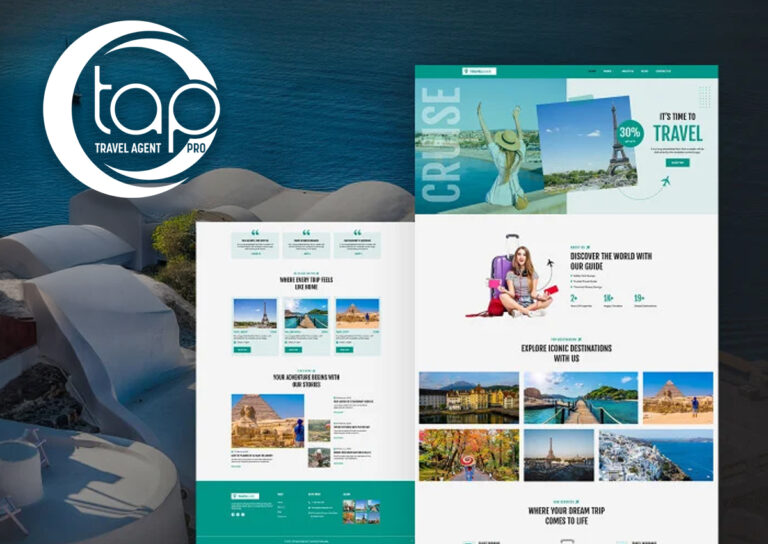
As a travel agency owner, your passion is crafting unforgettable experiences for your clients—not wrestling with HTML, plugins, or server hosting and maintenance. At Travel Agent Pro, we bridge the gap between your expertise and your online presence...
Read More →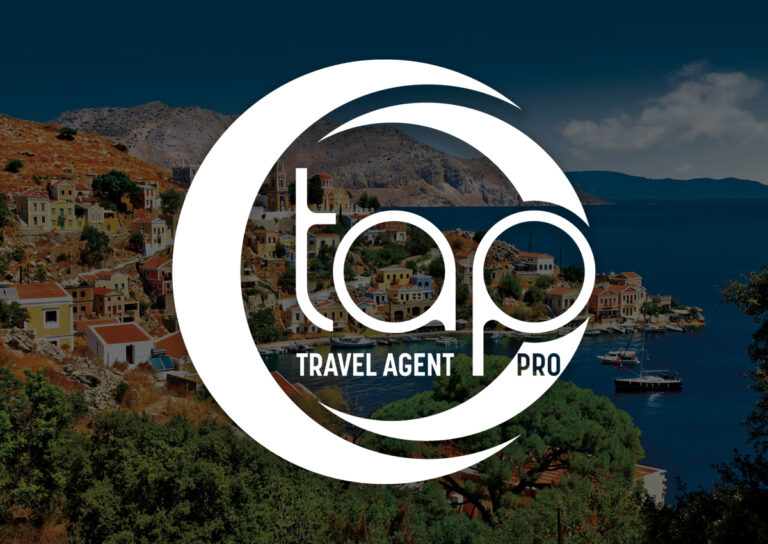
Your experience deserves a host that matches your ambition. The travel industry has evolved rapidly. As we step into 2026, the landscape for travel advisors is no longer just about booking trips—it’s about curating hyper-personalized experiences...
Read More →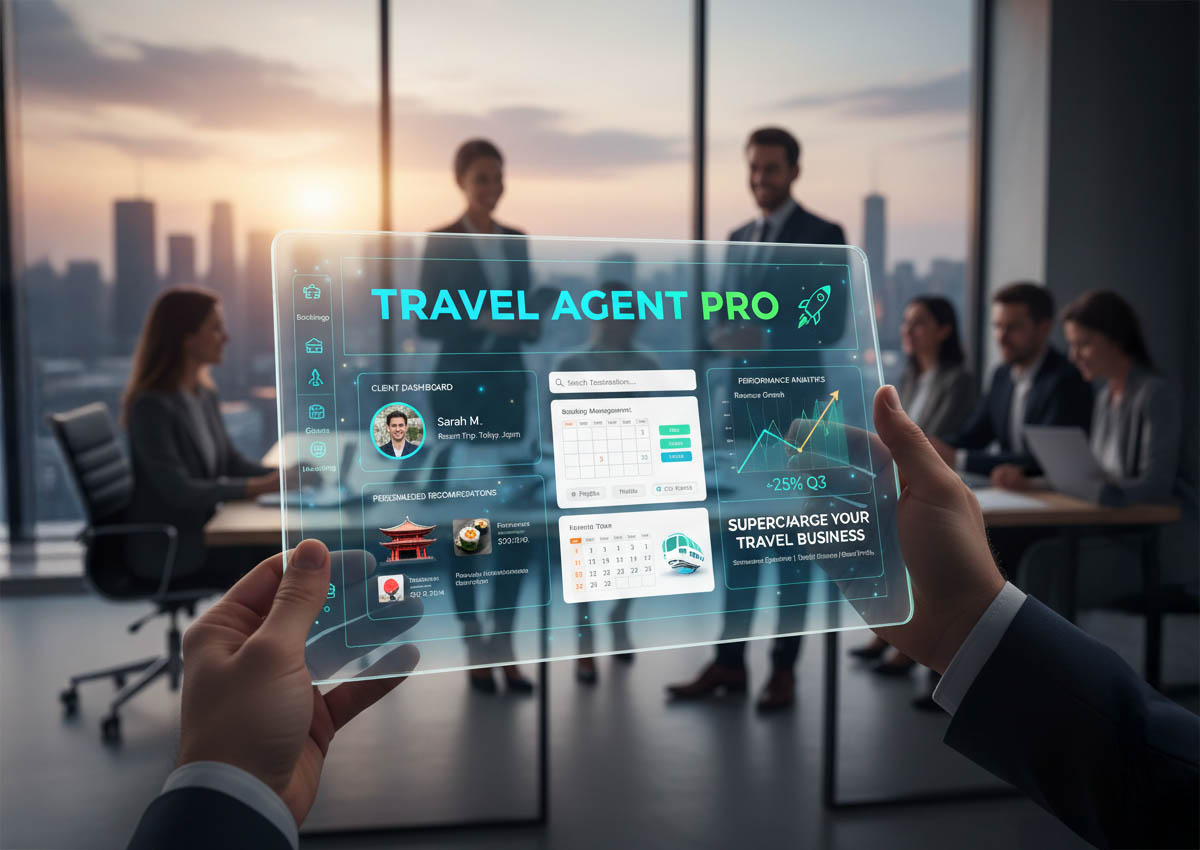
When you join Travel Agent Pro, you get more than just a host agency—you get a complete, ready-to-use business ecosystem. We believe in providing instant, tangible value, which is why your membership includes a full license for VacationCRM...
Read More →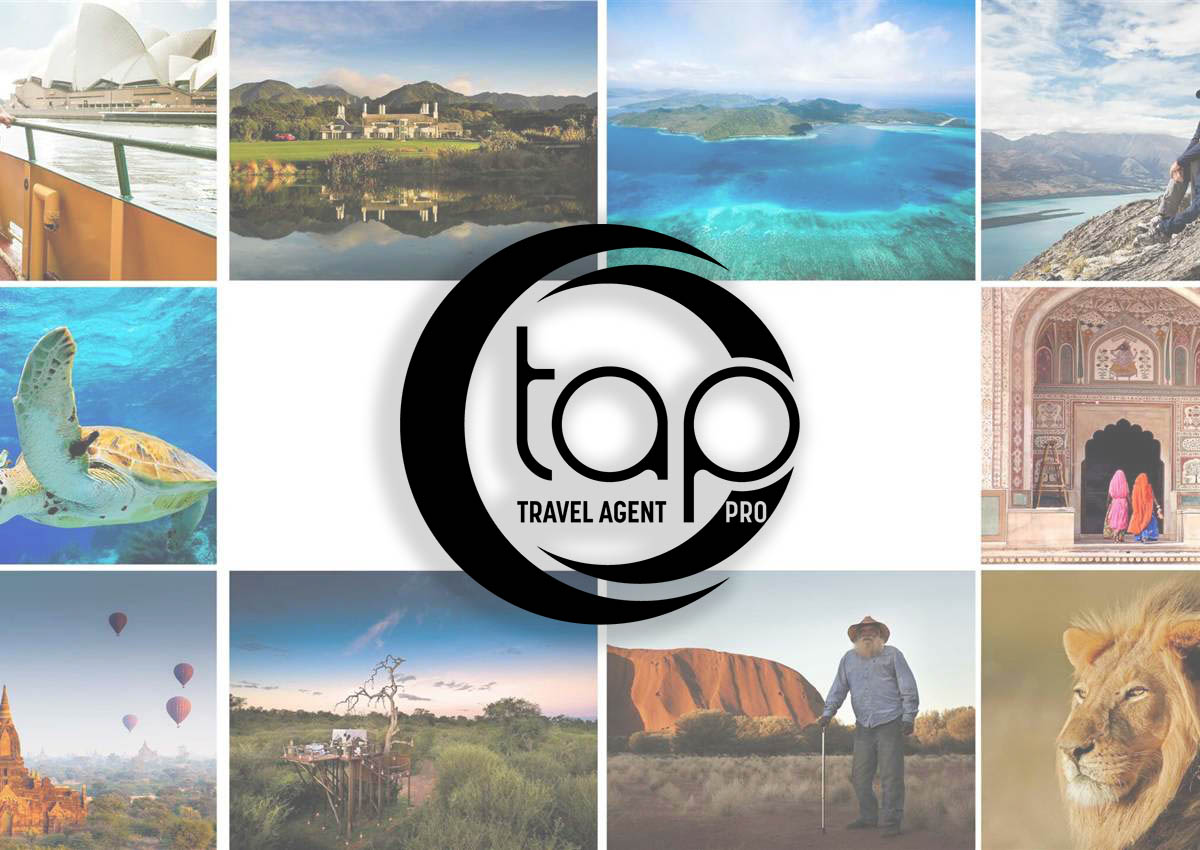
Travel Agent Pro isn’t just another host agency—it’s a community built for travel professionals who want access to the best preferred partner programs and the freedom to grow their own business with confidence. Whether you’re new or seasoned...
Read More →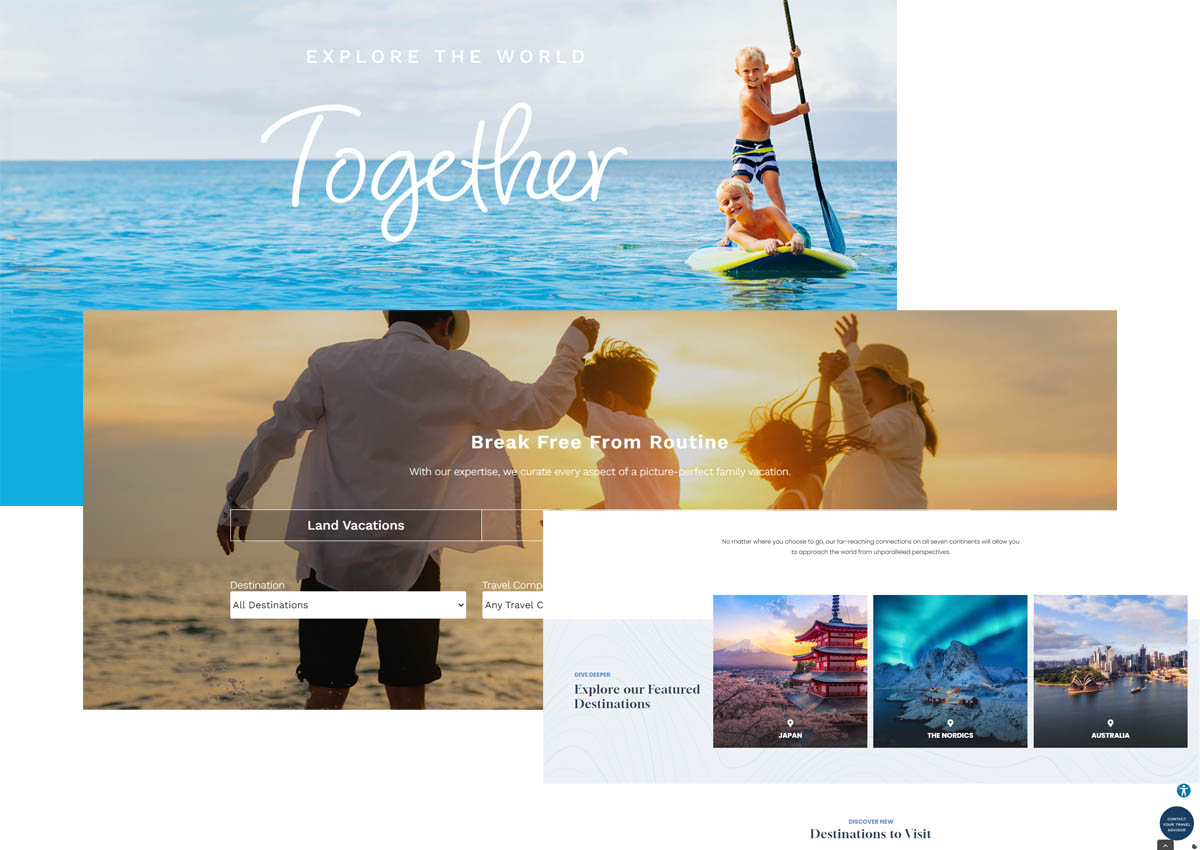
In an online world flooded with travel agents, capturing attention requires more than just presence—it demands a strategy that makes you unforgettable. Your expertise is your strongest asset, but how effectively are you showcasing it...
Read More →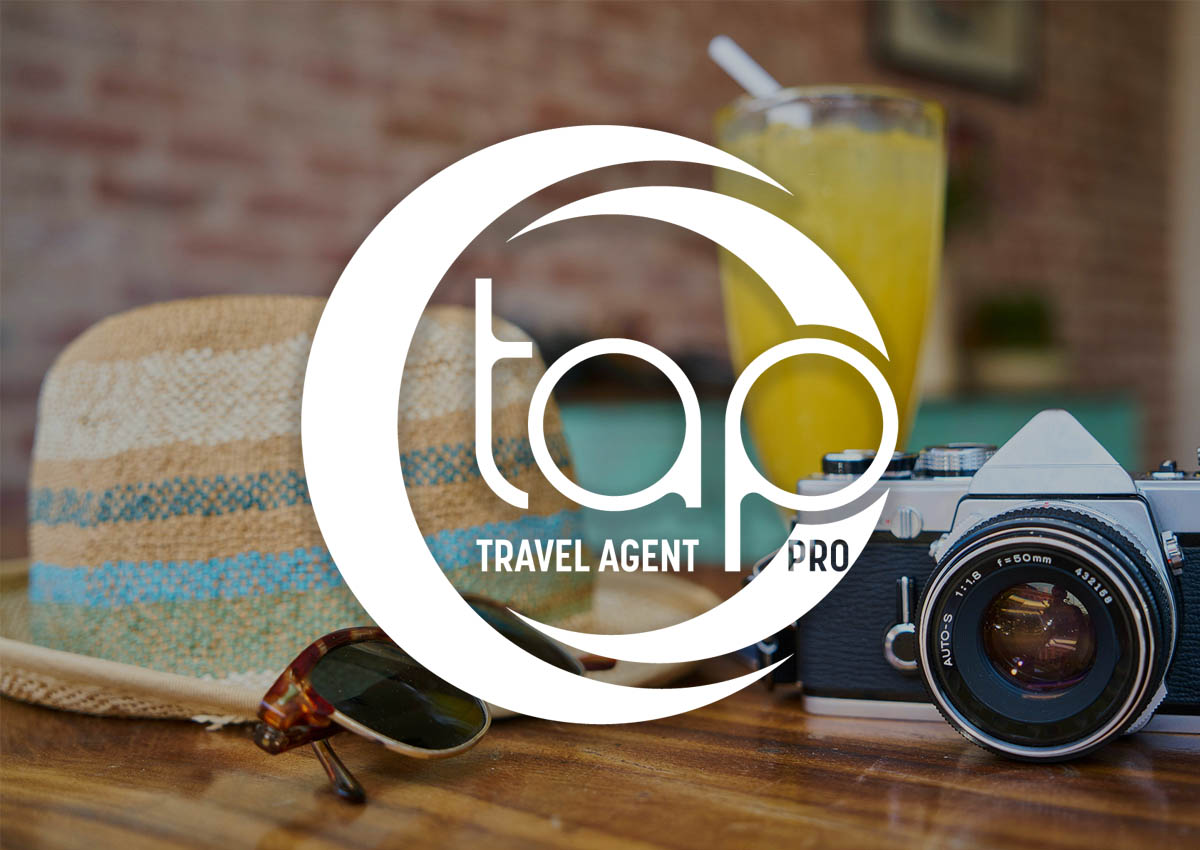
At Travel Agent Pro, we've built our platform specifically for seasoned professionals like you, offering an unparalleled combination of the highest commission splits, low fees, and a clear path to increasing your income...
Read More →